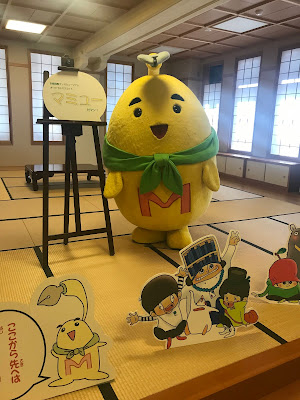Posts
Showing posts with the label books
Non-essential reading list for divorce
- Get link
- X
- Other Apps
DRM and Writers: Fight for Your Right to Parity
- Get link
- X
- Other Apps
All settled? Google Books deadline soon
- Get link
- X
- Other Apps
Inside the Centre for Books, Writing and Ideas
- Get link
- X
- Other Apps
Parallel Importation of Books disappointment
- Get link
- X
- Other Apps














